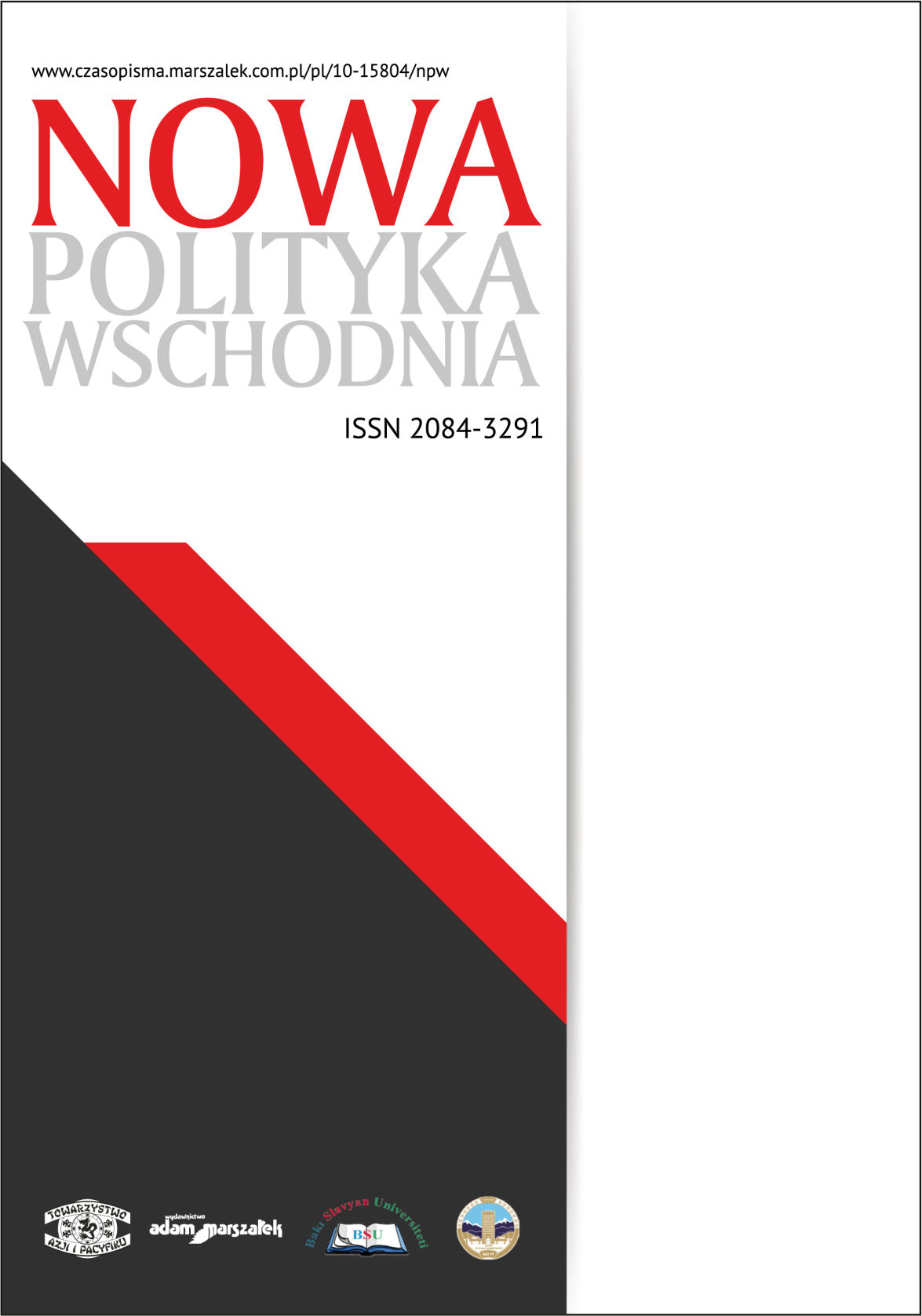Międzynarodowy Dzień Kobiet – relikt socjalizmu czy symbol walki o równouprawnienie płci?
International Women’s Day – a relic of socialism or a symbol of the struggle for gender equality?
Author(s): Krystyna Leszczyńska-WichmanowskaSubject(s): Politics / Political Sciences, Social Sciences
Published by: Wydawnictwo Adam Marszałek
Keywords: International Women’s Day; 8 March; Women’s Day in Poland; International Women’s Year; Women’s Rights and International Peace Day; women’s rights; human rights; fight for gender equality
Summary/Abstract: March 8 as International Women’s Day is the consequence of the work of labor movements in North America and Europe. The holiday, established in 1910 during the 8th Congress of the Second International in Copenhagen, was to promote the idea of women’s rights and build support for universal suffrage of women. The first celebration of the International Women’s Day was held on 19 March 1911 in Western Europe to commemorate the 1848 March Revolution. In Russia, and then the USSR, it was decided to organize it on the anniversary of women’s participation in the demonstration in Petrograd (now St. Petersburg) on 8 March (23 February - according to the Julian calendar) 1917. In the interwar period in Poland (on the initiative of the PPS) Women’s Day was celebrated on 19 June, commemorating the abolition of slavery in the United States. In 1972, the UN General Assembly, on the wave of efforts to change its policy towards women, proclaimed 1975 the International Women’s Year. Until 1977 - when the UN General Assembly recognized 8 March as the International Day of Women’s Rights and International Peace, which could be celebrated on a day chosen according to the tradition of a given country - this holiday was mainly celebrated in socialist countries.
Journal: Nowa Polityka Wschodnia
- Issue Year: 32/2022
- Issue No: 1
- Page Range: 9-30
- Page Count: 22
- Language: Polish

